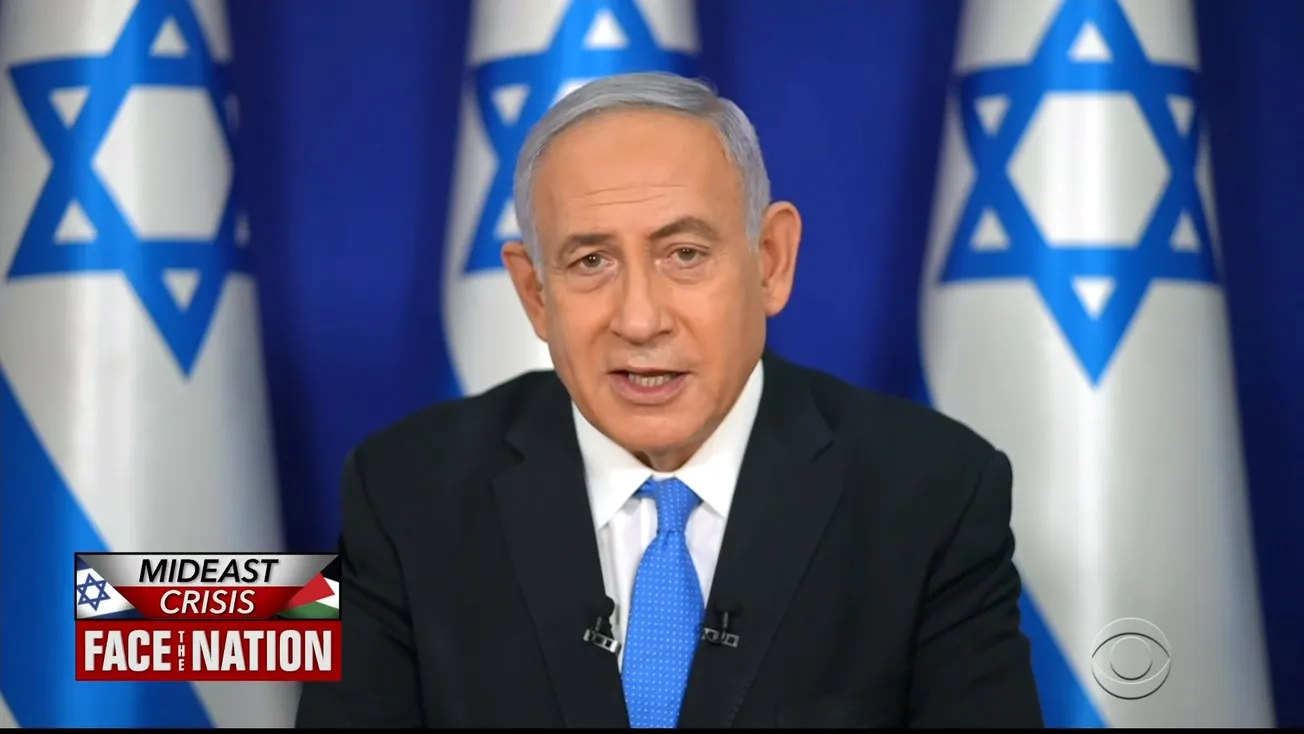Table of Contents
It was laughable watching the reactions to Benjamin Netanyahu’s Government in the mainstream media. I thought what was especially funny was the ‘far-right’ label that was placed on this new government despite the fact that ‘far-right’ traditionally has always been associated with neo-Nazis and white supremacists. This shows that the hatred towards Netanyahu and Likud from Western liberals is so strong that they are willing to call a group of Jews, some who survived the Holocaust, Nazis.
The mistake we are making to explain this win is listening to the diaspora Jews who often follow the Western left-right range and look at things from the liberal, international order perspective. We should instead listen to the Jews living inside Israel. And these people look at things from a civilisational view. Israel is more than just a country: it represents an entire society, a way of life that has been preserved for thousands of years. The Israelites were given a divine mission to preserve this culture and it was reinforced in them just how much of a life and death situation this was. Also, their practices such as bar mitzvah and memorising the Torah has allowed them to preserve their culture and values.
So it should be no surprise that the Jews are more likely to prioritise security and protection over compromise and peace. This may surprise the political class, but the two-state solution is not actually popular in Israel. More and more Jews are siding towards one state controlled by the Jews as the best way forward for their survival.
Historically the Jews were willing to compromise and form a peace deal with the Arabs who historically had persecuted them. This was due to the naïve idea that both groups could co-exist, perhaps based on their experiences living historically with all sorts of people groups. However, this was only possible due to either the Jews having some sort of empire or kingdom or their living under another empire who kept the peace, such as the Romans.
It was this optimism that allowed the left-wing parties who advocated for peace and compromise to prevail in politics. However, after the First Intifada, the Jewish population swung from the left towards the right. This is because the right promised security and defence – protection from the constant missiles, the suicide bombings and knife attacks against Jews. Unlike the left, the right did not trust Palestinians, or at least the Palestinian leadership and their Arab allies.
Perhaps if we moved away from the Western paradigms of left vs right, democrat vs authoritarian, and use the civilisation state model to analyse this, we could understand why Jews would put their trust in a Jewish politician who has been accused of corruption and is willing to work with a party led by a Jewish ultranationalist who was twice convicted of killing Palestinians. That is because, contrary to what the diaspora Jews offer, whatever differences Israel has, at the core they are committed to the preservation of Jewish culture, Jewish values and Jewish way of life. This is because they want to keep the very society that has allowed them to flourish. And they also want to preserve the sovereignty of the lands that allows them to practice their culture. It’s not a surprise that religion plays an important part in their daily life and politics. Many of their conflicts with the Palestinians concerning sites like the Dome of the Rock and Temple Mount have not been over their strategic advantage but over the historical and cultural significance that those sites have to the Jews. This is the same motivation that drives them to clash with the Palestinians. The reason why Gaza and the West Bank have been such sources of conflict is because each group sees those places as their homelands. In fact, their connection is so great that Jewish families are attempting to reconnect with their ancestral homes. This is the reason behind the settlements we see in the disputed territories and in East Jerusalem. A good example is the escalation of violence two years ago that happened because of a dispute over an eviction of Palestinian squatters from Simon’s Tomb. This is due to the fact that Judaism is now a key part of Israeli life. Jewish schools have always existed wherever there are Jewish communities, which teach what has been passed down from their ancestors. But in Israel, Jewish schools are supported and funded by the government. Jewish festivals are celebrated and sanctioned by the government with the population following the Jewish calendar. The Jewish centres also host youth groups where Jewish youth continue to learn Jewish culture and get together to learn about Judaism. The census in Israel shows that Orthodox Jews of all the sects make up the largest population group in Israel, and this proportion continues to grow due to the high birth rate among that group. This perhaps explains the rise of the religious Zionist and orthodox parties. In fact the only reason that the centre-right Likud began to surge is because Netanyahu began to appeal to the orthodox. In contrast, the left-wing parties and the centre-right parties that joined them in the coalition all lost votes. The same happened to the centrist parties.
The one exception to that was the Ra’am Party, which broke away from the Arab Joint List and advocated for peace and cooperation with the Israelis. This party drew votes away from the other Arab parties, which perhaps is another indicator of the changing attitudes of the Arab-Israeli population. For some time, polls have shown that Arabs prefer an Israeli government over a Palestinian one, possibly because of the security and stability offered by the Israelis. This may perhaps be co-related to the growth of Christianity among that community.
Therefore, what they want in their government is one that will protect and preserve their homelands and their society. It becomes much more important to them when Israel is surrounded by countries that are doing everything they can to destroy them; from their very foundation in 1949 they were attacked. The first Israeli citizens had to literally fight for their new country. Therefore, Israelis are looking for a government that will do everything to ensure that their new country and society is alive. Even worse is that when Israel defends itself, the international community condemns them, with the constant Item 7 on the Agenda and the numerous sanctions, divestments and resolutions in the UN General Assembly.
With all of these challenges, what kind of government would Israel want? Perhaps one that focused on preserving and protecting the only Israeli nation and civilisation in existence – one that kept Israel a Jewish nation and Judaism alive. This would mean that Israelis would want a strong government that, no matter what else it did, would focus on a strong military, strong defence and putting the interests of Israel at the forefront of international diplomacy. It would be a government that would look into how to respond to the threats to their civilisation. It would not consider the Western liberal ideas of ‘democracy’ and ‘rights’ if those values and ideas were antithetical to their society and people. A government willing to represent and serve a proud people that were close to extinction so many times.
This perhaps explains why the Israeli people chose to vote for a man who had been investigated for corruption, and for ‘far right’ parties including one led by a Jewish ultranationalist who was convicted for murder. Because those parties offer security, safety and stability for the civilisation. Unlike the left, these parties will recognise Iran as the enemy and that it will be dangerous to give them nuclear weapons, that the Palestinian organizations are dedicated to Israel’s destruction and that the international liberal order will not help Israel. The people no longer vote based on a politician’s character but rather on what they will do for Israel and whether they have Israel’s interests at heart. As one commentator put it, “Most Israelis have concluded that modern anti-Semitism cannot be cured by making further concessions to those who despise them along with those in the ‘international community’ who aid and abet it. [If] you’re looking for a succinct explanation of why Israelis voted a right-wing coalition, there you have it.”








